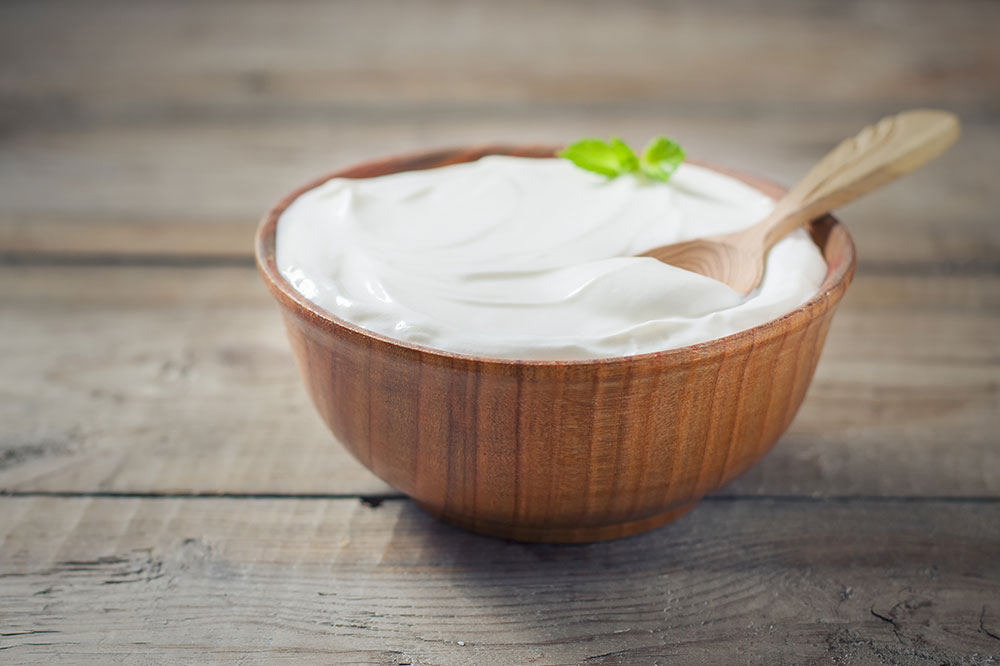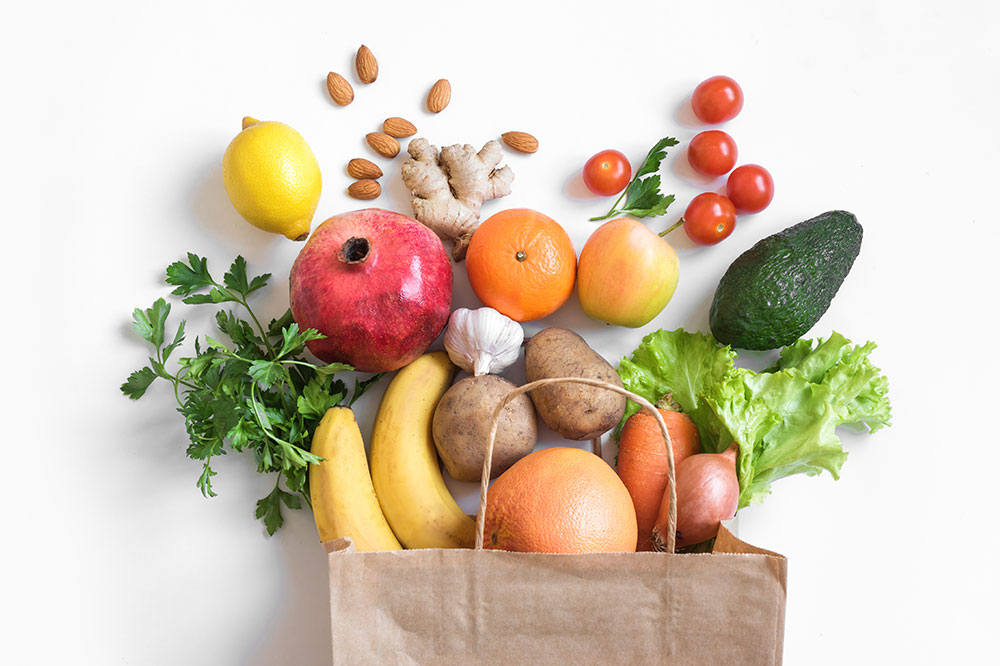Comprehensive Guide to Foods That Alleviate or Exacerbate Heartburn Symptoms
This comprehensive guide explores foods that can help alleviate or trigger heartburn symptoms, emphasizing dietary choices for better digestive health. Learn which foods to include, such as oatmeal, ginger, and yogurt, and which to avoid, like greasy foods and acidic fruits, to effectively manage acid reflux and improve quality of life.

Heartburn, also referred to as acid reflux, is a common digestive discomfort characterized by a burning sensation or pressure in the chest area. It occurs when stomach acid flows back into the esophagus, leading to irritation and discomfort. While occasional heartburn is common and typically not serious, frequent or severe episodes can significantly impact quality of life and may signal underlying health issues. Understanding the foods that trigger or relieve heartburn is essential for effective management and symptom reduction.
Many people experience heartburn after consuming certain foods or beverages. Common triggers include chocolates, spicy foods, fatty meals, onions, garlic, caffeine, and carbonated drinks. Conversely, incorporating specific foods into your diet can help soothe symptoms and promote better digestion. This detailed guide explores foods that can support heartburn relief and those that should be avoided to prevent or minimize symptoms, helping you develop a personalized diet plan for better gastrointestinal health.
Foods to Incorporate for Heartburn Relief
Oatmeal and Whole Grains
Starting your day with a bowl of oatmeal can be an excellent choice for managing heartburn. Oatmeal is rich in soluble fiber, which helps absorb excess stomach acid and reduces reflux episodes. Whole grains like brown rice, whole-wheat bread, and barley also contribute to a soothing digestive environment. Including these in your daily diet can promote satiety and improve digestion, ultimately reducing the frequency and intensity of heartburn attacks.
Ginger – Nature’s Anti-Inflammatory
Ginger has long been recognized for its medicinal properties, especially concerning gastrointestinal health. Its natural anti-inflammatory and alkalizing qualities help calm the irritated lining of the stomach and esophagus. Fresh ginger can be added to salads, smoothies, or brewed into a calming tea. Regular consumption of ginger may help reduce the occurrence of acid reflux symptoms and contribute to overall digestive health.
Yogurt and Probiotic Foods
Yogurt is a probiotic-rich food that supports healthy gut flora, which is essential for optimal digestion. The cooling and soothing properties of yogurt can help calm an irritated esophagus and reduce inflammation. If plain yogurt isn’t preferred, kefir, sauerkraut, kimchi, and kombucha are excellent probiotic sources that contribute to digestive well-being. Incorporating these foods can promote a balanced gut microbiome and decrease the frequency of heartburn episodes.
Fruits with Low Acid Content
While fruits are nutritious and vital for a balanced diet, some acidic fruits can trigger heartburn. Bananas, melons, apples (non-citrus varieties), and pears are generally considered safe options for those prone to reflux. Consuming these fruits in moderation can provide essential nutrients without aggravating symptoms. However, citrus fruits like oranges, lemons, grapefruits, and limes should be consumed cautiously or avoided during episodes of heightened heartburn.
Hydrating Beverages Without Caffeine
Proper hydration is essential for digestive health. Water, herbal teas, and non-caffeinated drinks help dilute stomach acid and support digestion. Avoiding caffeinated beverages such as coffee, black and green tea, and energy drinks can prevent aggravating reflux symptoms because caffeine relaxes the lower esophageal sphincter. Additionally, limiting carbonated drinks like soda can reduce gas and bloating, which can worsen heartburn.
Additional Tips for Managing Heartburn through Diet
In addition to selecting heartburn-friendly foods, it’s crucial to eat smaller, more frequent meals to avoid overloading the stomach. Chewing food thoroughly and eating slowly can aid digestion and reduce reflux chances. Maintaining an upright posture after meals and avoiding lying down immediately can prevent acid backflow. It’s also advisable to keep a food diary to identify personal triggers and customize your diet accordingly.
In conclusion, understanding how everyday foods affect your digestive system can empower you to make better dietary choices. Incorporating anti-inflammatory, calming foods like oatmeal, ginger, and probiotic-rich options while limiting trigger foods such as fatty, acidic, and caffeinated items can significantly reduce heartburn episodes. If symptoms persist or worsen, consult a healthcare professional to rule out underlying conditions and receive tailored treatment recommendations.





